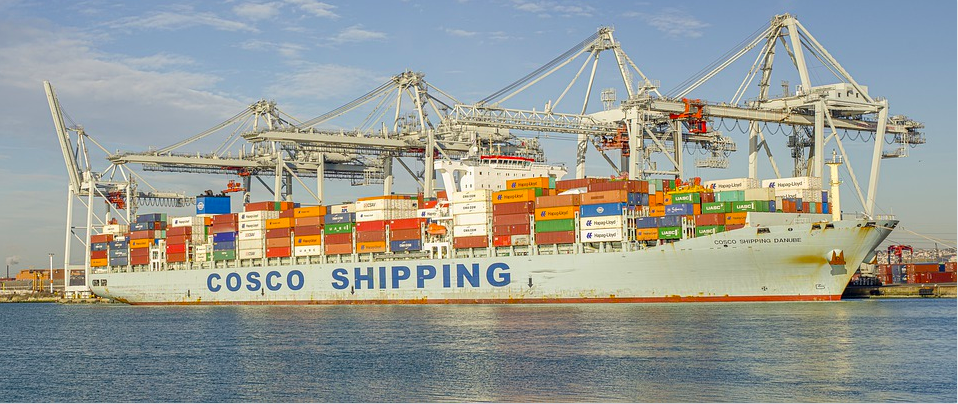The human instinct for trade has deep historical roots, but its economic, social and political importance has risen in recent times due to industrialisation, technological advance and globalisation. In fact, there is evidence that our Cro-Magnon ancestors engaged in trade and moved from barter for their immediate use to trade for resale. The shift by Cro-Magnons from production for their own use to production for exchange was an innovation ahead of its time. Using the prevailing popular template, one could almost say that trade and the associated innovations that it yielded allowed the Cro-Magnons to “disrupt” the Neanderthals.
Since the 1950s, the growth in world merchandise export has generally exceeded the growth in world output (GDP), with the only exception being the downturn in 2008 and 2009. By late 2010, world trade rebounded to almost its pre-financial crisis level. Trade has also been the engine that has driven growth for a number of countries. For example, China’s trade dependence, as measured by the ratio of its exports plus imports to its GDP, was 59 percent in 2000-07. This was a gain of 510 percent between the 1970s and the 2000s.
Many countries have even higher figures, pointing to the importance of trade in modern economic life. For example, during the period 2000-07, the average trade dependence for Germany and Switzerland was 73 and 89 percent respectively.
The essence of how trade can benefit a nation was explained by Adam Smith in 1776. Smith noted that international trade benefits a nation by allowing it to consume more things than it would be possible for it to produce on its own. We have different capabilities, which, on their own, are insufficient for our needs. Essentially our differences in capabilities, multiple needs and mutual desire for variety give rise to the possibility of mutually beneficial exchange. The gains from specialization and differences in capabilities hold across individuals, firms and countries.
Early trade flows were influenced by weather and natural resources. Examples such as the Portuguese exchange of wine for English textiles reflect these factors. The sun ripened the vines in Portugal and the damp climate of England prevented the threads from snapping. Some modern trade such as the export of wheat from Canada to Japan is still based on the advantages arising from innate differences. However, specialization among countries is becoming more important than differences in intrinsic capabilities. There are increasing returns to specialization.
There is more to the puzzle however than merely the attributes of a country determining its economic structure. In fact there seems to be a crucial role for history and the roll of the dice that have locked different locations in different production patterns. Hence Seattle produces aircraft and Switzerland relies on exports of precision engineering and speciality chemicals.
There are no unique attributes responsible for these structural outcomes and they are a consequence of original choices. Because of increasing returns and network effects, historic locations still remain very important. Of late, technology and innovation have ensured that trade patterns no longer reflect frozen features and static comparative advantages. Instead, trade now often reflects shifting leads in technologies and innovative capabilities.
Yet there is often a strong outcry about the pitfalls of unrestricted trade. In fact, in the United States itself, even amongst the “best educated” third of our population, anti-trade feelings dominate two-to-one. It seems that in addition to the benefits of free trade, its effect on equity and social values is equally important. Evidently, the gains are accompanied by inevitable pain for some. How does a society buffer the pain experienced by some communities as international trade destroys jobs in one place as they are created in another? That will have to be the topic of another piece.
John Hoffmire is director of the Impact Bond Fund at Saïd Business School at Oxford University and directs the School of Business and Poverty at the Wisconsin School of Business at UW-Madison. He runs Progress Through Business, a nonprofit group promoting economic development.
Pankaj Upadhyay, Hoffmire’s colleague at Progress Through Business, did the research for this article.
Check out this cool interactive website that visualizes the exports of every country around the world. Act Now





